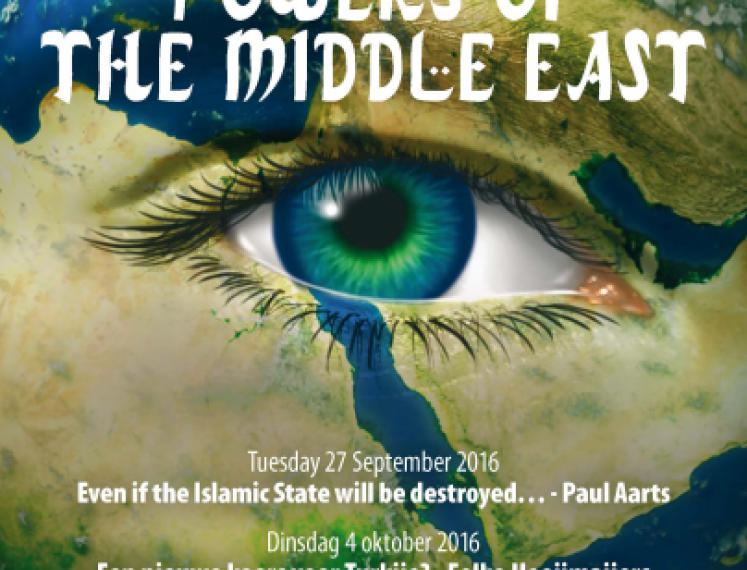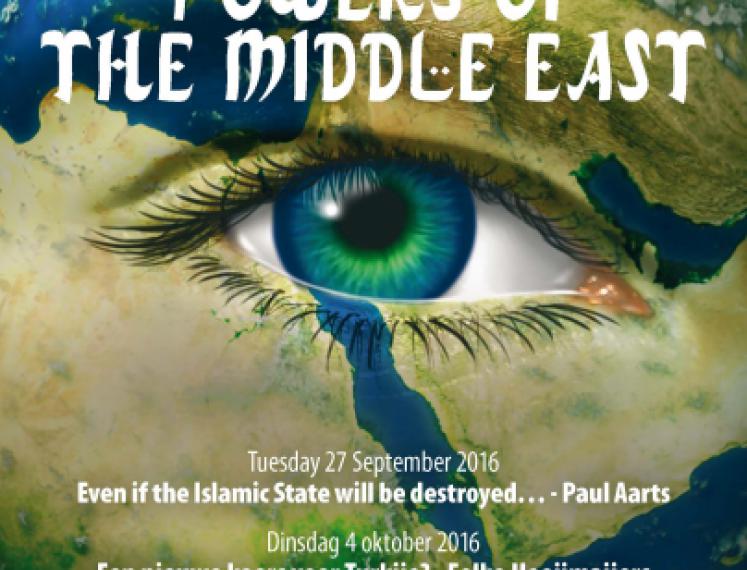Academiegebouw
Broerstraat 5
Groningen
Netherlands
Even if the Islamic State will be destroyed...
How to explain the Islamic State’s rapid encroachment of Iraqi and Syrian territory? How durable is it?
On May 1, 2003, President George W. Bush declared the Iraq war as ‘mission accomplished’. He couldn’t have been more wrong. The US-British intervention led to a violent Sunni reaction, a brutal Iraqi civil war, and the emergence of an equally vicious terrorist organization: ‘A-Qaeda in Iraq’ – out of which the ‘Islamic State in Iraq and Syria’ (ISIS or ‘Daesh’) would arise. In 2014, it established a caliphate, drawing tens of thousands jihadists to its capital Raqqa.
How to explain the Islamic State’s rapid encroachment of Iraqi and Syrian territory? How durable is it? In the case of the Islamic State’s untimely demise, what will be the organization’s ‘Plan B’ that the West will then be forced to contend with? If IS is disbanded, will that mean Islamic radicalism has ended? Knowing that terrorism is a tactic that has been used in the past and will be employed in the future: what can be done (and what should be avoided doing)?
Paul Aarts was senior lecturer in international relations at the University of Amsterdam. His research focuses on the politics of the Arab world, with a specific focus on the Gulf countries. Among his recent publications: Saudi Arabia. A Kingdom in Peril (2015).




